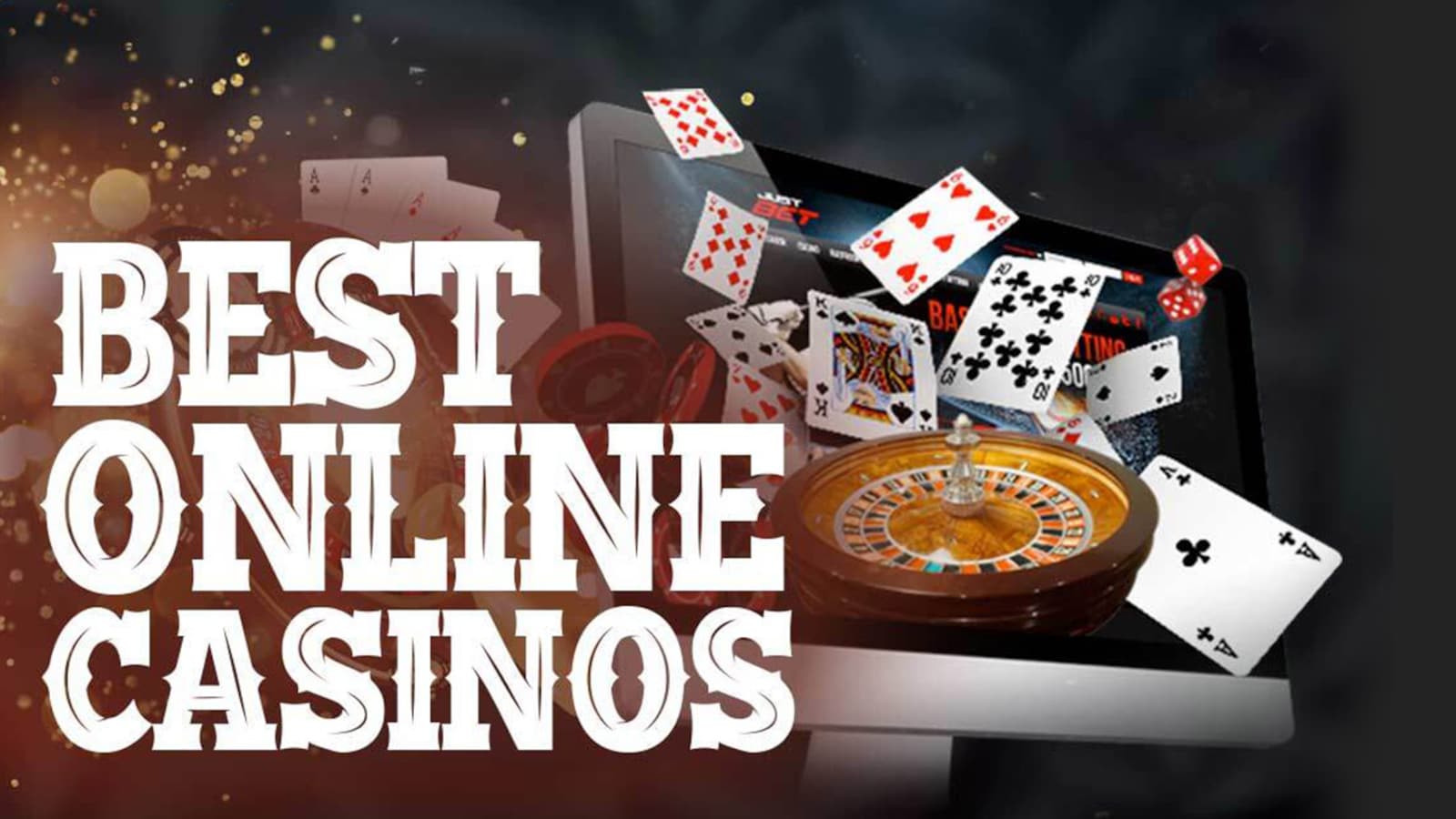
Casino games have long captured the fascination of people around the world, becoming an important part of both leisure and culture. From the shimmering lights of the Vegas Strip to the immersive experience of internet gambling, these activities evoke thrill, danger, and sometimes even a sense of remembrance. They are more than just hobbies; they have woven themselves into the texture of human experience, influencing everything from film and songs to fashion and writing.
The allure of casino games transcends the wagering aspect, tapping into larger themes of serendipity, chance, and human behavior. As players assemble around a card table or spin the roulette, they engage in an timeless ritual that connects with our collective desire for excitement and uncertainty. This captivation has led to the growth of countless references in films, songs, and video games, showcasing how intensely entrenched these pastimes are in popular culture. Whether it is the high-stakes tension of a classic robbery film or the lively nightlife portrayed in videos, casino games have carved out a substantial place that reflects our connection with reward.
Historical Significance of Casino Games
Casino activities have played a key role in cultural aspects throughout the ages. Originating from ancient civilizations, games of chance were often connected to rituals or gatherings. For instance, early iterations of these activities can be traced back to ancient Chinese and the Roman Empire, where dice games and betting on outcomes were common pastimes. These games not only served as leisure but also as means of social interaction, facilitating connections among individuals within communities.
As cultures evolved, so did the complexity and organization of gambling games. The establishment of official casinos in the 17th century, particularly in Italy, marked a major shift in how games were viewed and structured. With specific spaces for gambling, the casino became a social hub where patrons from different backgrounds gathered. This change contributed to the validation of gambling, transforming it from a mere pastime into an organized industry that shaped the economy and regulations. FABET
The impact of gambling games on popular culture cannot be understated. As they were brought into the limelight in literature and movies, games such as Texas Hold’em and 21 became icons of chance, luck, and strategy. Famous figures and stories have developed around these activities, illustrating societal views towards luck, prosperity, and immorality. This fascination with casino games has infiltrated various forms of entertainment, solidifying their status in the public imagination and connecting them to broader cultural narratives throughout history.
Representation of Casino Games in Entertainment
Casino activities have long been a popular topic in different types of entertainment, reflecting both the fascination and nuances of gambling culture. Films such as Ocean’s Eleven and Casino Royale portray figures who navigate dangerous scenarios, showcasing not only the appeal of the gambling environment but also the methods and judgments that come with playing popular games like poker and 21. These films often dramatize the thrill of winning and the potential results of losing, encapsulating the perils involved in betting.
TV programs have also explored the realm of casino games, often integrating them into the plot as a context for story progression and drama. Series like Vegas depict the stories of gambling employees and customers, highlighting the vibrant, often tumultuous energy of the gaming floor. Docuseries featuring intense gambling competitions further emphasize the fascination of gambling activities, drawing viewers into the drama and tactics involved in each game. Through these depictions, media not only entertains but also prompts conversations about fortune, skill, and the character of chance.
Video games have increasingly integrated gambling activities into their design, allowing players to simulate the experience of betting without financial exposure. Titles within the realm of online gaming often include online slot machines, online poker, and other casino favorites, creating an immersive gameplay that mirrors real-life gameplay. These digital representations make casino games accessible to a broad demographic, appealing to both players who indulge and those who enjoy the rush of simulation. As a consequence, the representation of gambling activities in media continues to shape societal views and cultural relevance, highlighting their place in society and social context.
Effect of Gambling Activities on Communities
Gambling activities have a significant effect on society, affecting various facets of culture and interpersonal behavior. They often serve as a venue for social interaction, where people come together to experience a shared activity. Casino trips with friends or trips to casinos become social activities that build connections and create memories. This collective aspect enhances the entertainment value of gambling activities, making them a favored choice for festivities and recreational pursuits.
Moreover, gambling activities have been portrayed in numerous films, TV series, and literature, shaping views and opinions towards gaming and gaming. Icons like James Bond playing baccarat or the high-stakes poker scenes in films have embedded these games in the shared imagination. This representation often idealizes the lifestyle associated with gambling, drawing in new players and influencing trends in both fashion and conduct. These portrayals can ignite curiosity and lead to a more profound exploration of the intricacies of gambling.
Nonetheless, there are also adverse implications associated with the widespread appeal of casino games. The temptation of quick monetary gain can lead to gambling addiction and economic troubles for some people. Society must contend with these consequences, advocating for responsible gaming and awareness of the dangers involved. Finding a balance between the fun aspect of casino games with the potential for harm is vital to ensure that they continue to be a beneficial aspect of our cultural landscape.